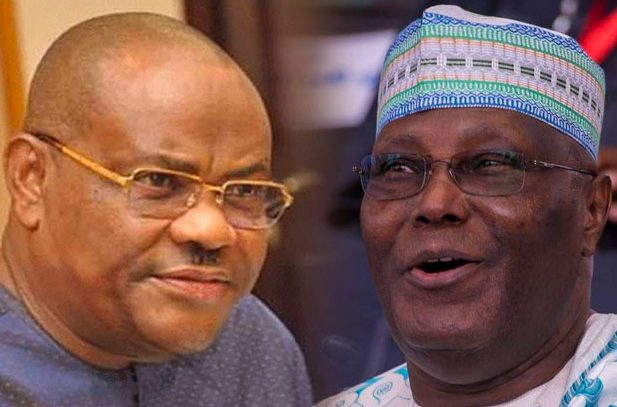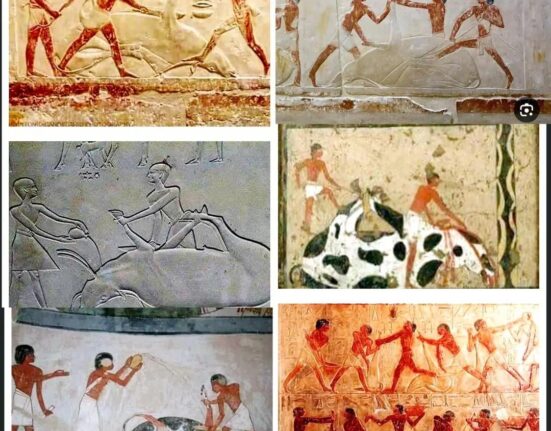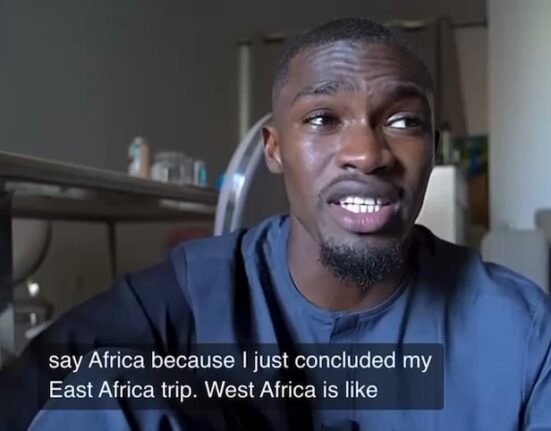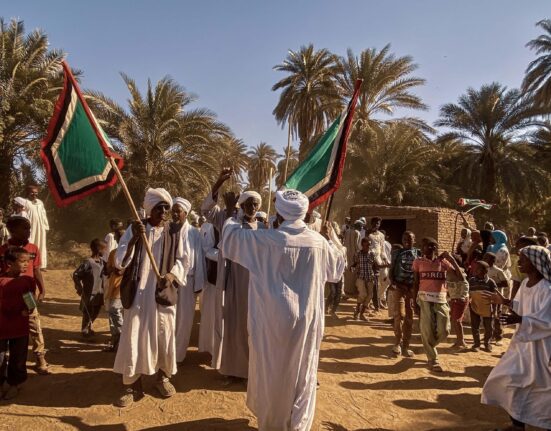As the political landscape in Nigeria evolves, a new wave of discussions has been sparked within the People’s Democratic Party (PDP). The Minister of the Federal Capital Territory, Mr. Nyesom Wike, alongside key stakeholders, has put forth a bold proposition that the party’s 2027 presidential ticket should be zoned to the south. This suggestion has not only ignited intense debates but has also revealed deep divisions among PDP leaders regarding the future direction of the party.
In the realm of Nigerian politics, the issue of zoning and power distribution among the various regions holds significant weight. The concept of zoning, which involves the rotation of political offices among different regions, is often seen as a mechanism to ensure equity and inclusivity in governance. It is a practice deeply entrenched in the country’s political fabric, with both supporters and critics voicing their opinions on its efficacy and implications.
Amidst the backdrop of these discussions, the recent proposal by Mr. Wike has further fueled the ongoing discourse on power dynamics within the PDP. While some party leaders have rallied behind the idea of a southern presidency in 2027, others have raised objections, citing various reasons ranging from regional interests to individual ambitions.
“The call for a southern presidency in 2027 reflects the growing demand for inclusivity and representation from different parts of the country. It signifies a shift towards a more balanced and equitable political landscape,”
remarked a political analyst familiar with the intricacies of Nigerian politics.
The divergent views within the PDP leadership highlight the complexities and competing interests that often characterize party dynamics in a diverse and multiethnic nation like Nigeria. The struggle for power and influence is not merely a matter of personal aspirations but is deeply intertwined with historical, regional, and ideological considerations that shape the political discourse.
Moreover, the debate over the zoning of the presidential ticket transcends mere party politics and delves into larger questions of national unity and identity. The decision on where the presidency should be zoned in 2027 is poised to have far-reaching implications not just for the PDP but for the entire country. It has the potential to reshape alliances, redefine political strategies, and influence voter perceptions in the lead-up to the next election cycle.
“The issue of zoning goes beyond mere party arrangements; it speaks to the core of Nigerian democracy and the need for fair representation of all segments of society. How the PDP navigates this internal divide will not only impact its electoral fortunes but will also shape the broader narrative of governance in Nigeria,”
shared a seasoned political commentator analyzing the unfolding scenario.
As the PDP leaders grapple with the complexities of this divisive issue, the broader political landscape in Nigeria remains in a state of flux. The outcome of this internal debate within the party has the potential to reverberate across the country, influencing not just the PDP’s fortunes but also setting the tone for national discourse on power-sharing, regional balance, and democratic principles.
In conclusion, the proposition put forth by Mr. Wike for a southern presidency in 2027 has laid bare the fissures within the PDP leadership, underscoring the intricate web of interests and ideologies that shape Nigerian politics. The decision that the party ultimately makes regarding the zoning of the presidential ticket will not only define its path in the upcoming election but will also serve as a litmus test for Nigeria’s commitment to a fair and inclusive democratic process. As the nation watches closely, the outcome of this internal debate will undoubtedly shape the trajectory of Nigerian politics in the years to come.









Leave feedback about this